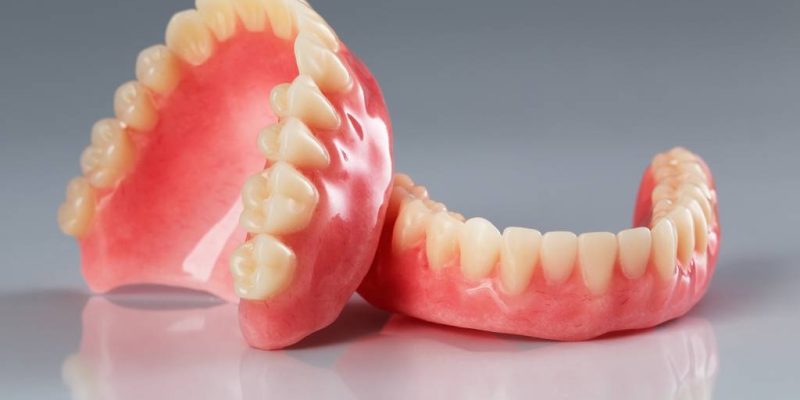- Jaypee Hospital Rd, Goberdhanpur, Sector 128, Noida
- CLINIC : + 91 8076243481
Blog

Details
READING TIME
3 min
CATEGORY
Blog
AUTHOR
Dr. Praveen Kumar
What are some tips for taking care of my dentures?
Dentures are not just replacements for missing teeth; they are vital for maintaining oral health and functionality. Proper care of your dentures ensures their longevity and your comfort. Whether you're new to wearing dentures or have been using them for a while, here are some essential tips for taking care of them.
Handle with Care: Dentures may seem sturdy, but they can be fragile. Always handle them with care, especially when cleaning or inserting them. Avoid dropping them, as this can lead to cracks or breakage.
Clean Them Daily: Just like natural teeth, dentures can accumulate plaque, food particles, and bacteria. Clean your dentures thoroughly at least once a day using a denture brush and mild soap or denture cleaner. Avoid using abrasive materials that could scratch the surface.
Brush Your Mouth and Gums: Before inserting your dentures in the morning and after removing them at night, gently brush your gums, tongue, and palate with a soft-bristled brush. This helps stimulate circulation and removes bacteria, reducing the risk of infections.
Soak Overnight: Dentures need to stay moist to retain their shape. When not wearing them, soak your dentures in water or a denture cleaning solution overnight. Avoid using hot water, as it can warp the denture material.
Avoid Harsh Chemicals: While cleaning your dentures, avoid using bleach, abrasive cleaners, or hot water, as these can damage the denture material. Stick to products specifically designed for denture care.
Regular Dental Check-ups: Even if you no longer have natural teeth, it’s essential to visit your dentist regularly for check-ups. Your dentist can examine your dentures for signs of wear, ensure they fit properly, and provide professional cleaning.
Handle Repairs Professionally: If your dentures become damaged or loose, resist the temptation to fix them yourself. DIY repairs can worsen the problem and may result in irreparable damage. Instead, schedule an appointment with your dentist for professional repair or adjustment.
Be Mindful of Eating Habits: While modern dentures are designed to withstand chewing forces, it’s still important to be mindful of what you eat. Avoid overly sticky or hard foods that could damage your dentures or dislodge them.
Store Properly When Not in Use: When you’re not wearing your dentures, store them in a denture case filled with water or denture solution. This helps prevent them from drying out and maintains their shape.
Be Patient: Adjusting to wearing dentures takes time and patience. It’s normal to experience some discomfort or difficulty speaking and eating initially. With practice and time, you’ll become more comfortable with your dentures.
About Us
Dr. Praveen Kumar is a distinguished professional who holds a Master’s Degree in Dental Surgery from Meerut University, he furthered his education with an MBA in Health Care Administration from FMS, Delhi University. Dr. Kumar is a Diplomat of the World Congress of Oral Implantology and a Fellow of both the Pierre Fauchard Academy and the International College of Dentists. Dr. Kumar is a Diplomat of the World Congress of Oral Implantology and a Fellow of both the Pierre Fauchard Academy and the International College of Dentists.
Information
- Developed By Online B2B Digital Technology © 2024 – All Rights Reserved
